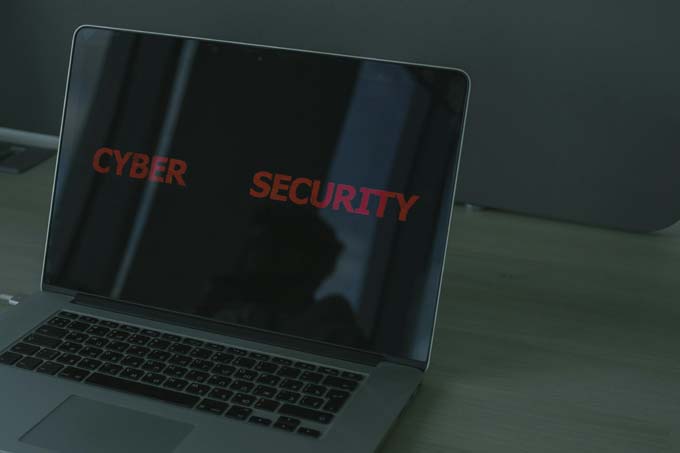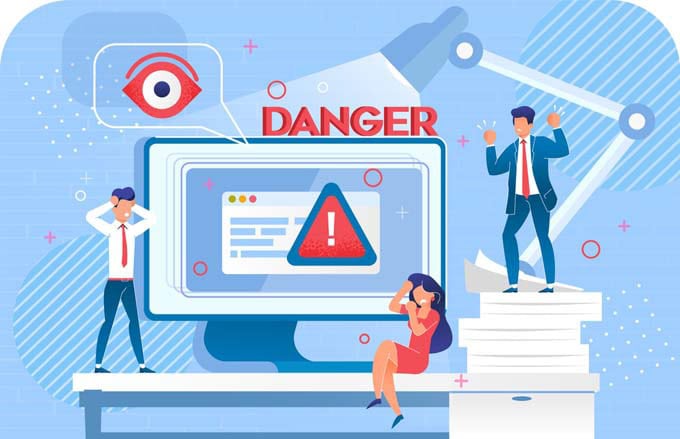The undisputed number 1 business risk: cyber incidents
Cyber incidents will remain the biggest business risk worldwide in 2024, according to the latest Allianz Risk Barometer. These include data breaches, but above all attacks on critical infrastructure or assets and ransomware attacks. According to the survey, business interruptions are in second place. IT now forms the basis for almost all business processes. In the event of a compromise or disruption, all or many areas of the company are directly affected and business interruptions are quickly the result.

The categorization of cyber risks as the greatest business risk means that risk assessment plays an important role and therefore the responsibility naturally lies with the company management. All risks cannot be avoided. What is special about IT risks, however, is that they change dynamically and must therefore be weighed up by the management on a regular basis and sometimes without warning.
Cybersecurity as a business enabler
Today, no CEO can avoid dealing with cyber risks and assessing their relevance for their own company. This is where the Chief Information Security Officer (CISO) is needed as the most important advisor who has the relevant data at his or her disposal alongside the management. This requires an analysis of internal and external IT security information for a well-founded risk assessment. Companies need to know their IT environment and potential vulnerabilities in detail and consider these in relation to current attack patterns and threats. By identifying and prioritizing the greatest individual risks for their company, they can efficiently deploy security resources exactly where they need them most.
A recent study by Trend Micro in collaboration with the Brandenburg Institute for Society and Security (BIGS) emphasizes that investments in cyber security are far more than a purely defensive measure. It is a significant lever for business growth and customer satisfaction. The study underlines the importance of a holistic and forward-looking approach: cybersecurity is therefore a key element for business success, creates added value for customers and promotes innovative business models. The right cybersecurity strategy will thus become the business enabler of the future.
Addressing the skills shortage with AI
Demographic change, which is particularly characterized by the retirement of the baby boomer generation from the labour market in all sectors, is also reflected in the current Allianz Risk Barometer. The worsening shortage of skilled workers is ranked 10th worldwide.
To help cybersecurity teams struggling with the sheer volume, complexity and rapid evolution of threat data overcome this challenge, there are a number of technological support options. The use of generative AI tools, such as "Trend Companion", can help. Such tools, which are easy to use in simple language, reduce the complexity of security notifications and reports, which speeds up security processes.
Extended Detection and Response (XDR) can also add valuable automation functions to existing corporate security systems. AI-supported XDR can increase the overall efficiency of a company's Security Operation Center (SOC) and reduce the workload of internal specialists. By exploiting the technical possibilities of modern detection and response and maximizing the support provided by automation and AI, companies can best protect themselves against the growing threat of cyber attacks.
Ransomware attacks in particular remain a lucrative business model for hackers. Such incidents are often only discovered when it is already too late. This is particularly the case in smaller companies that simply lack the resources for a sophisticated cyber defense strategy. To protect themselves, companies can rely on advice from Managed Security Service Providers (MSSP) to understand how they can compensate for the lack of specialists and ensure a comprehensive security strategy. This is because hardly any company, regardless of size, is still in a position to tackle the growing security challenges alone.
Source: www.trendmicro.com









